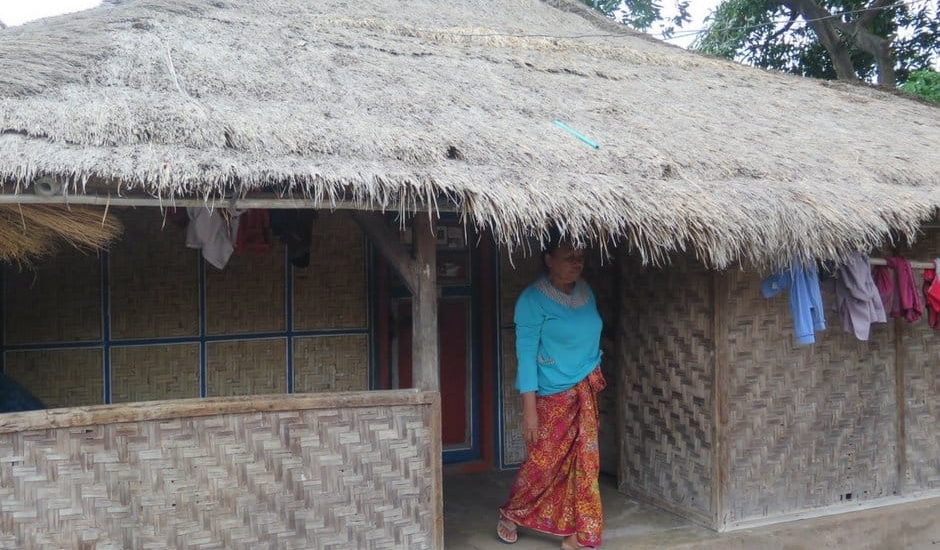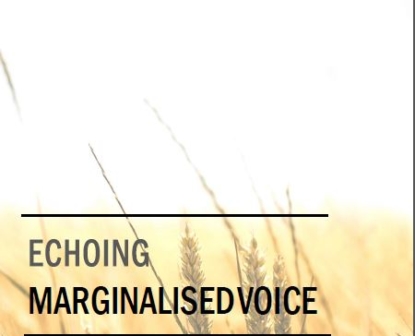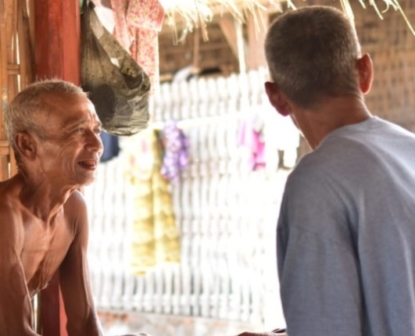Project
Echoing Evidence
-
Amount Funded
91,986 EUROProject Duration
01 Aug 2017 - 31 Jul 2019 -
-
Lead organisation
-
The Centre for Innovation Policy and Governance (CIPG) is a research-based advisory group that aspires to excel in the area of science, technology, innovation and governance. Evolving from a study group of Indonesian scholars abroad since 2007, CIPG was officially established in Jakarta in 2010. The Centre is considered to be among the first advisory groups in Indonesia with keen interest in building Indonesian research capacities across many sectors. CIPG’s excellence rests on the rigour of their research process, and on the relevance of their activities to all stakeholders and society established through close engagements.
CIPG has four main activities, namely research, consultancy-advisory, capacity building and policy interventions; not only in Indonesia, but also in the context of South East Asia. Working under a broad theme as such, CIPG mainly focuses on major issues like: innovation management and policy, technology and social change, science and technology development strategy and policy, sustainable development, knowledge management, supply chain management, corporate governance, civil society empowerment. Several of CIPG’s associates are also affiliated with research centres in the United Kingdom. With well-experienced research staff, CIPG is becoming the leading advisory group combining sub-national and international organisations.
-
Organisation
The Centre for Innovation Policy and Governance (CIPG) is a research-based advisory group that aspires to excel in the area of science, technology, innovation and governance. Evolving from a study group of Indonesian scholars abroad since 2007, CIPG was officially established in Jakarta in 2010. The Centre is considered to be among the first advisory groups in Indonesia with keen interest in building Indonesian research capacities across many sectors. CIPG’s excellence rests on the rigour of their research process, and on the relevance of their activities to all stakeholders and society established through close engagements.
CIPG has four main activities, namely research, consultancy-advisory, capacity building and policy interventions; not only in Indonesia, but also in the context of South East Asia. Working under a broad theme as such, CIPG mainly focuses on major issues like: innovation management and policy, technology and social change, science and technology development strategy and policy, sustainable development, knowledge management, supply chain management, corporate governance, civil society empowerment. Several of CIPG’s associates are also affiliated with research centres in the United Kingdom. With well-experienced research staff, CIPG is becoming the leading advisory group combining sub-national and international organisations.
-
Project
CIPG believes that sound evidence and solid research are vital components of any kind of empowerment and advocacy. Therefore, theis24-month capacity building and assistance programme aims on pushing inclusive participation through civil society capacity building. This is mainly done through two aspects: capacity building in research and policy advocacy.
The programme targets two main groups, indigenous and ethnic minorities, as well as gender identity across three regions. Together with CIPG, partners conduct a contextual action research followed by advocacy process, guided by research to policy principles. The learning process of partners is finalised through a reflection period where CIPG and its partners evaluate the outputs and outcomes of the project.
The project has a long-term vision towards an Indonesian society in which the human rights, particularly those of participatory policymaking, are rightfully protected and performed. The goal is to promote the development of a systemic decision-making process in civil society organisations as an important part of Indonesian society. In accordance with this goal, the project discerns its objectives as follows:
(1) to empower society through building the capacity of Indonesian CSOs so as to construct proper and thorough evidence, and
(2) to advocate inclusive participation by increasing involvement of CSOs in the policy-making process, especially at the local level.
-
-
CIPG believes that sound evidence and solid research are vital components of any kind of empowerment and advocacy. Therefore, theis24-month capacity building and assistance programme aims on pushing inclusive participation through civil society capacity building. This is mainly done through two aspects: capacity building in research and policy advocacy.
The programme targets two main groups, indigenous and ethnic minorities, as well as gender identity across three regions. Together with CIPG, partners conduct a contextual action research followed by advocacy process, guided by research to policy principles. The learning process of partners is finalised through a reflection period where CIPG and its partners evaluate the outputs and outcomes of the project.
The project has a long-term vision towards an Indonesian society in which the human rights, particularly those of participatory policymaking, are rightfully protected and performed. The goal is to promote the development of a systemic decision-making process in civil society organisations as an important part of Indonesian society. In accordance with this goal, the project discerns its objectives as follows:
(1) to empower society through building the capacity of Indonesian CSOs so as to construct proper and thorough evidence, and
(2) to advocate inclusive participation by increasing involvement of CSOs in the policy-making process, especially at the local level.
-
We deliberately let our partners (local CSOs) free to choose their target groups within VOICE marginal groups. In order to make the project more sustainable, we advise them to select a target group (after called a ‘constituent’). However, one CSO (Yasalti) changed its mind while another (AcSI) chose a niche group from their constituents to pursue research and advocacy for. In the same community of Lairuru, Yasalti, our East Nusa Tenggara partner, changed their target group from disabled persons to youngsters. To begin with, Yasalti discovered that most village girls are trapped in weaving activities. In order to maintain their family’s economics, the girls’ time is dedicated on weaving (from production to selling in the next hamlet). As a result, they are unaware of their rights. A voice for political engagement in the village plan. It’s vital. Because of this, we applaud their internal decision.
A group of elderly people living in poverty in South Sulawesi, AcSI, our South Sulawesi partner. It wasn’t until AcSI discovered that the most vulnerable group is the elderly women traders that the research shifted focus. This group has limited access to resources and little social participation. Most of them are the family’s economic engine. AcSI’s decision is based on the group’s ‘double responsibility. Because the research phase provides fresh lenses for both parties, the decision to shift the target group did not affect our project assumption. It’s important to note that both adjustments are evidence-based. The VOICE Echoing Evidence project has a new lease on life thanks to these developments.
The goal is to empower society by increasing the capacity of Indonesian civil society organizations to establish a robust and extensive evidence base. The indigenous people of Boc Bocek Seleser Reen Suri, Ropang District, Sumbawa Besar Regency, West Nusa Tenggara Province, have decided to work with the Sumbawa Indigenous Peoples Alliance on research-based advocacy since late October 2017. (AMAN).
Outcome: Mr. Drs. Idrus, M.Si, Head of the Office of Women’s Empowerment and Child Protection (DP3A) of Maros Regency, South Sulawesi Province, agreed to conduct cooperation in the form of preparing data, discussions, and workshops in Maros Regency under the Cooperation Agreement Number: 3 / PKS / 266 / I / 2018 regarding the Cooperation Agreement on the Implementation of the Voice Program with the title “Echoing Evidence
-
News





